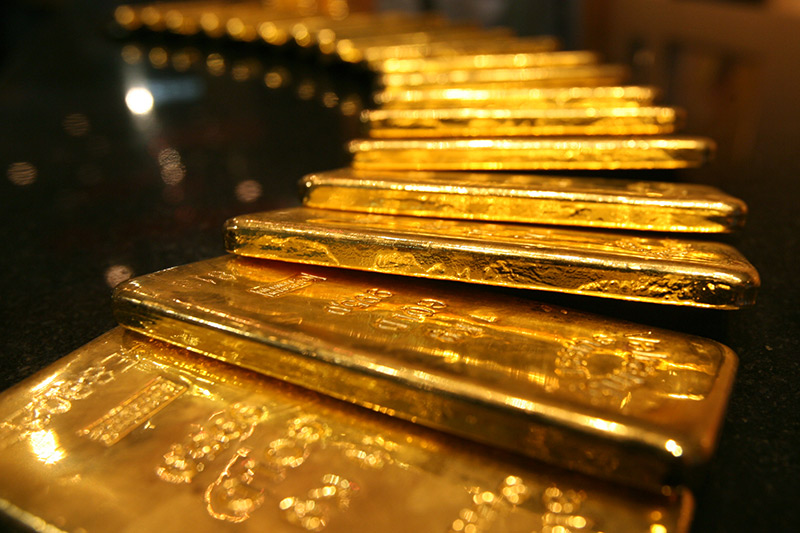Will the Gold Rally Continue in 2025? Experts Weigh In!
Gold has begun to show a stagnant trend as of November, despite significant gains amid uncertainties and risks surrounding the global economy in 2024. The movement of gold in the upcoming year continues to be a topic of discussion.
Capital Economics forecasts that the rising demand for gold from China and concerns about fiscal sustainability will support gold prices upwards in 2025. These factors are expected to bring gold closer to record levels, balancing negative movements in traditional driving forces. Joe Maher, an assistant economist at Capital Economics, noted that gold prices reached $2,800 at the end of October, marking a record, but then experienced a 6% decline.
This price drop has been linked not only to the strengthening dollar but also to the effects of the ceasefire between Israel and Hezbollah. Maher expressed that the post-election drop in gold prices during the period referred to as the "Trump trade" before the elections was unexpected. Capital Economics has revised its forecasts for 2025, forming a lower outlook for gold in anticipation that a Trump victory would boost the dollar and Treasury yields.
Factors impacting the gold market Joe Maher emphasized that the increase in the dollar and high Treasury yields would not necessarily lead to lower gold prices. He reminded that there is typically a negative relationship between real yields and gold prices, but in the past, gold prices have also risen during periods of dollar strength. According to Maher, these factors could exert pressure on gold prices collectively.
Maher indicated that there are also "unconventional" elements that could influence gold prices in 2025, suggesting that these factors might change market dynamics. With economic indicators and geopolitical developments impacting gold, it is likely to remain a preferred safe haven for investors amidst global uncertainties. Gold continues to play a significant role during a time when investors are seeking economic assurances.
Gold awaits Fed statements and U.S. employment data The price of gold saw a slight decline in early trading hours in European markets. However, prices continue to remain within a narrow range while awaiting comments from Fed Chairman Jerome Powell and upcoming U.S. employment data. Gold futures fell by 0.2% to $2,663.80. The job openings and labor turnover survey (JOLTS) released last week indicated that a cooling in the labor market has begun.
Markets are now anticipating Fed Chairman Powell’s remarks on Wednesday. This speech will be the last before the Fed’s meeting on December 17-18. The Non-Farm Employment data set to be released on Friday is also on investors' radar. Some analysts believe that spot gold could continue to trade in the $2,600-$2,700 range unless there are dramatic changes in employment and CPI figures. CME Group's FedWatch Tool shows a 74% probability that the Fed will cut interest rates by 25 basis points.
On the other hand, some Fed members expressed their confidence in the downward trend of inflation on Tuesday, stating their support for future interest rate cuts. When interest rates are low, the allure of non-yielding gold increases.
A strong dollar continues to pressure gold The strength of the U.S. dollar continues to put pressure on gold prices, while safe-haven demand tries to support prices. Spot gold has been trading around the $2,640 level with low volatility in recent days.
The strengthening dollar also makes it more expensive to purchase gold with other currencies. According to Han Tan, Chief Market Analyst at Exinity Group, while gold prices remain under pressure from the strong dollar effect, they are being supported by safe-haven demand stemming from political turmoil in South Korea and France.
In South Korea, President Yoon Suk Yeol's brief declaration of martial law followed by its cancellation has led to political tension and a crisis. In France, a vote of no confidence proposed by far-right and far-left parties against Prime Minister Michel Barnier poses a risk of government collapse.


